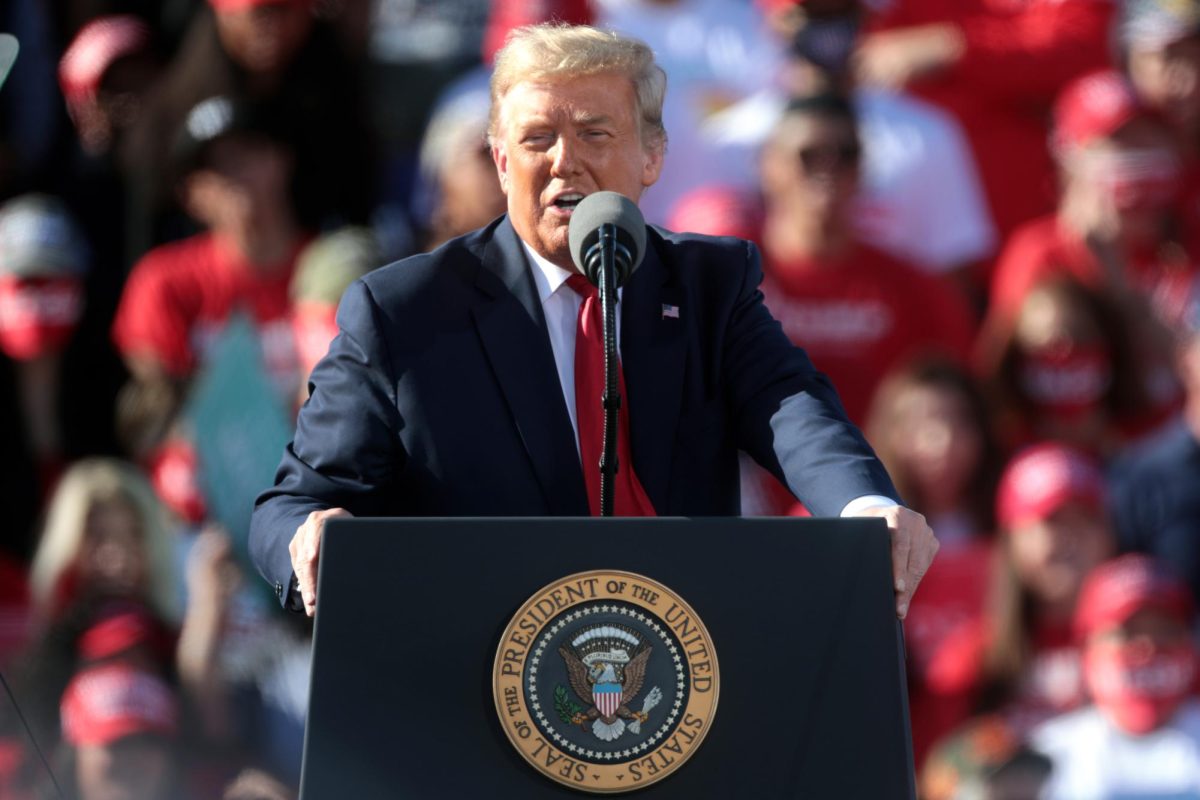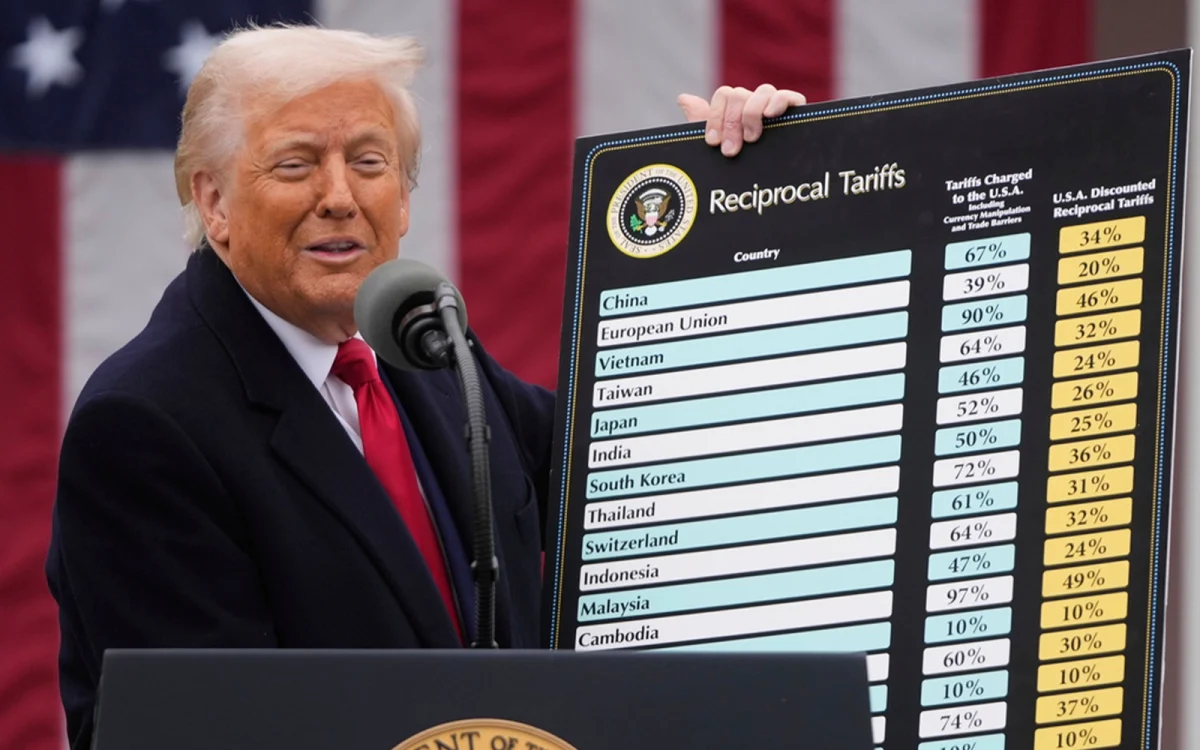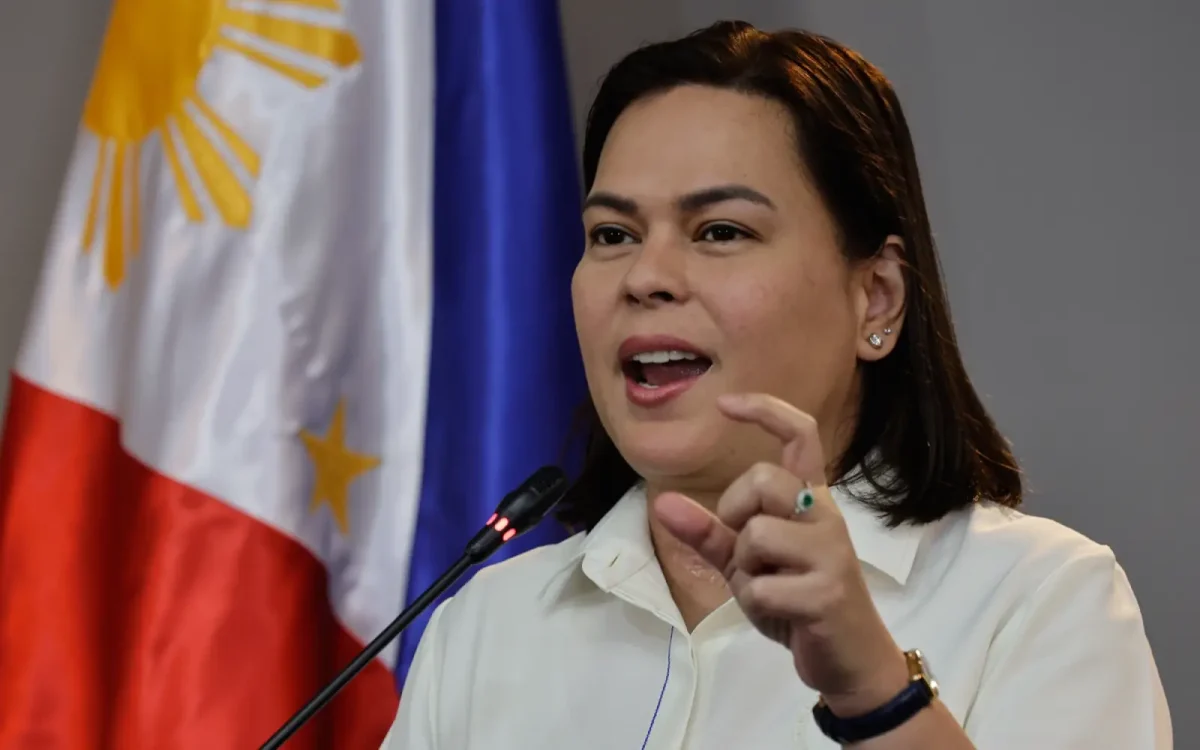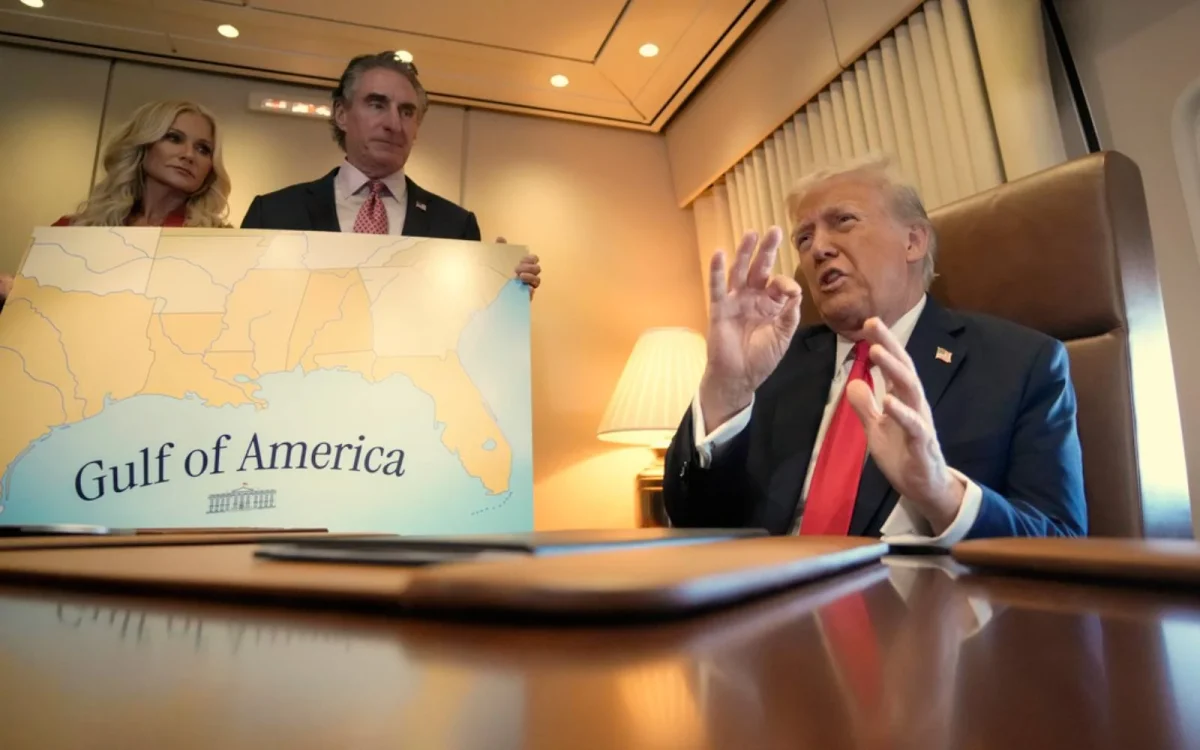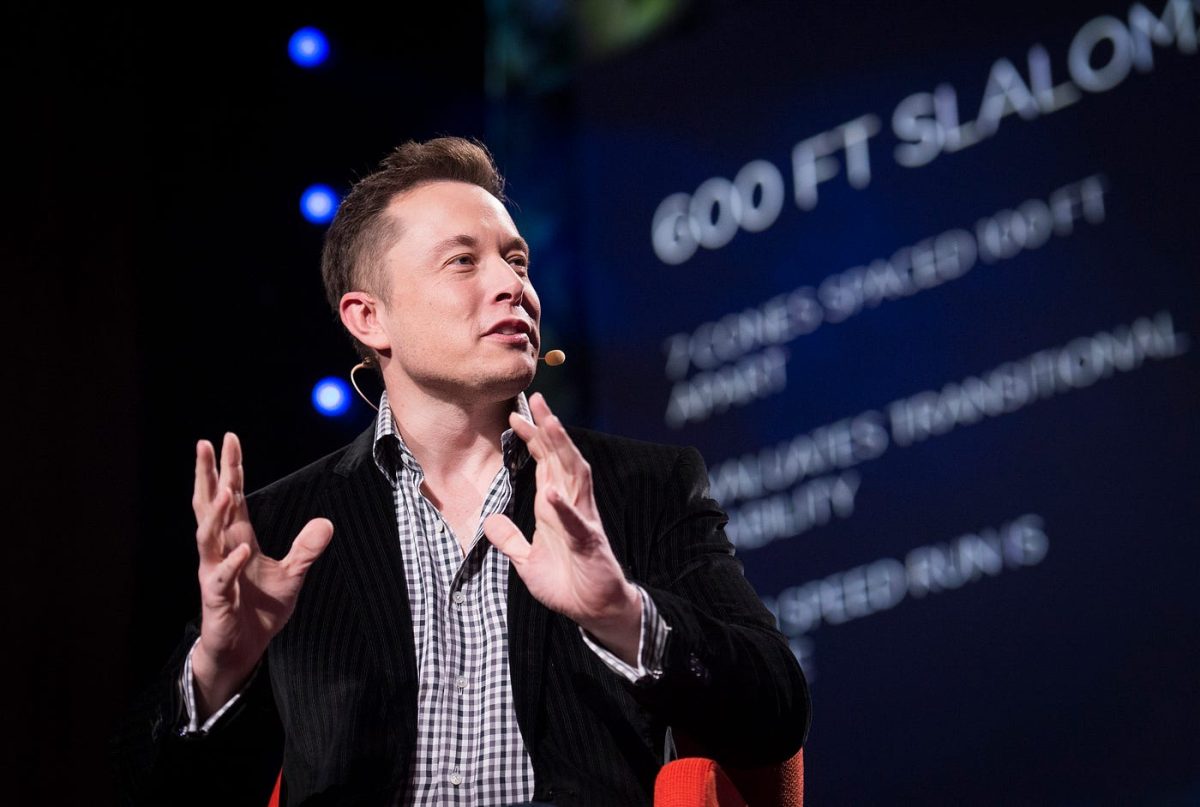The American people had been biting their nails for hours now, a tense collective breath held by Democrats and Republicans alike. At 2:34 p.m., Wisconsin was called: its 10 electoral votes granted the Republican candidate the required 270 votes. With that, the 47th president of the United States was officially declared to be Donald Trump.
People everywhere said this election would be close. Polling results in the previous weeks revealed a dead even split. So how did Trump win both the electoral college AND the popular vote, which in recent years has been extremely difficult for the Republican party?
In terms of voting groups, there were definite shifts compared to the 2020 election. According to Politico, Trump increased his support from Black and Latino voters, 8 percent doubling to 16 percent and 35 percent jumping to 42 percent respectively. According to US News, more women than predicted also voted for Trump despite Harris’ efforts to appeal to that specific demographic.
Polling suggests reasons for this demographic shift include the failure of Harris’ campaign to adequately address the needs Americans care about the most. While Harris poured a lot of energy into campaigning for reproductive rights, only 14 percent of people cited abortion as their top priority in this election cycle, according to Alzjeera journalist John Power. This is in comparison to 31 percent of voters who cited the economy, which people believed Democrats were not attacking with enough vigor. In addition, Democrats’ historical focus on the middle class sometimes sends an elitist message to lower-income Americans.
This was significantly detrimental, given the lower to lower-middle class make up at least 50% of the US population. Most of these voters are concerned about high inflation rates and consumer prices (which have risen during Biden’s presidency), and illegal immigration according to Politico. In polling, Trump was considered the more trusted candidate to restore the economy. Supporters also argue his plans to deport illegal immigrants can ensure better job opportunities and easier access to public resources.
On the contrary, Harris’ economic vision didn’t effectively penetrate public consciousness. Although Harris has specific policies (Child Tax Credit or gouging grocery prices), she generally addressed them in the context of promoting social equality. Trump, in contrast, liked to laser focus on specific economic policies, effectively keeping his administration’s plans in the public eye. His strategy was ultimately deemed more effective, as this appealed to many voters.
Harris also faces another disadvantage serving as the vice president under Biden: people partially blame her for lingering effects of the pandemic’s economic downturn and political failures, according to the Miami Herald. Trump’s term was less recent, making the unfavorable details more hazy in Americans’ minds.
Additionally, the candidates’ “podcast campaign” on social media also affected election results. Harris appeared on five podcasts with three hours of available content. Her appearances had a very professional, compassionate tone, often focused on elaborating on her policies and personal values. However, her warmth and eloquence couldn’t disguise that her podcast appearances still heavily resembled traditional media. The viewer didn’t really experience a new side of her, maintaining the professional distance between politician and constituent.
On the other hand, Trump appeared on a whopping 14 podcasts, with a total of around 17 hours of available content. It is notable that most of these featured him in laid back settings: chilling on a couch, casually joking about personal stories and even golfing 18 holes with Bryson DeChambau. His choice of casualness humanized him in a way the mainstream media could not. They allowed him to drop the imposing, distant label of “US politician,” replacing it with levity by sharing relatable life experiences. With social media’s trend of authenticity, this strategy worked to his favor.
It is also noteworthy to address the inherent racism and misogyny some Americans carried to the polls. Unfortunately, because Harris carries the title of being the first POC woman nominated for presidential candidate, people are predisposed to think she is incompetent. Furthermore, writer for Word In Black Keith Boykin comments on Trump’s white privilege: “If Obama had committed any one of the crimes of which Trump is accused, his political career would have ended immediately.” While underlying prejudices might not be the sole reason for Harris’ loss, it would be misguided to omit its role in results.
Fortunately, there is a silver lining. Deena Shen, a junior at Wilcox, mentions: “I think the fact that Kamala Harris was the first woman of color to be a presidential candidate was really important for young girls to see because politics aside, America has never seen a woman of color as a presidential candidate.” Following the footsteps of Hillary Clinton, Harris reaffirms there is hope for more women like her to one day be able to enter into the Oval Office.
In the end, America’s electorate is a complex, diverse group with varying opinions across the board. Trump appealed to the current American demographic by focusing on topics they cared about most and being unapologetically authentic during campaign season. Regardless of personal feelings on the result, close elections always remind citizens the importance of voting. Countless Americans in history have fought to give you a voice; do not let it go to waste.

